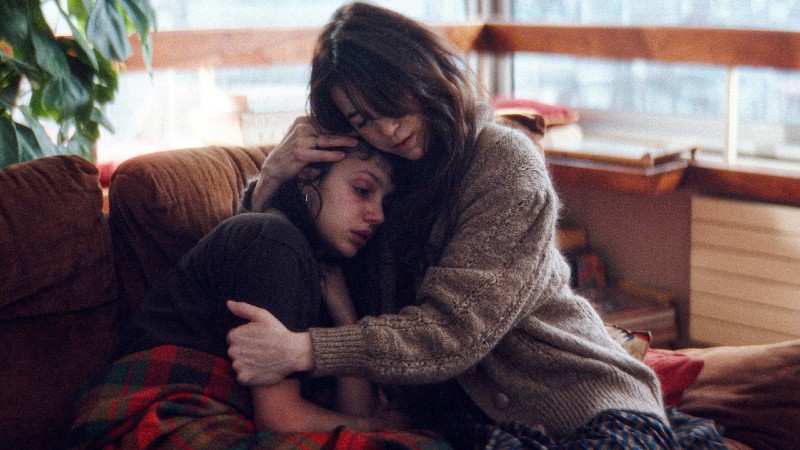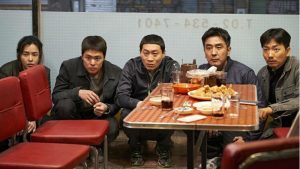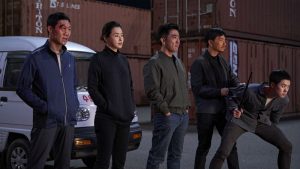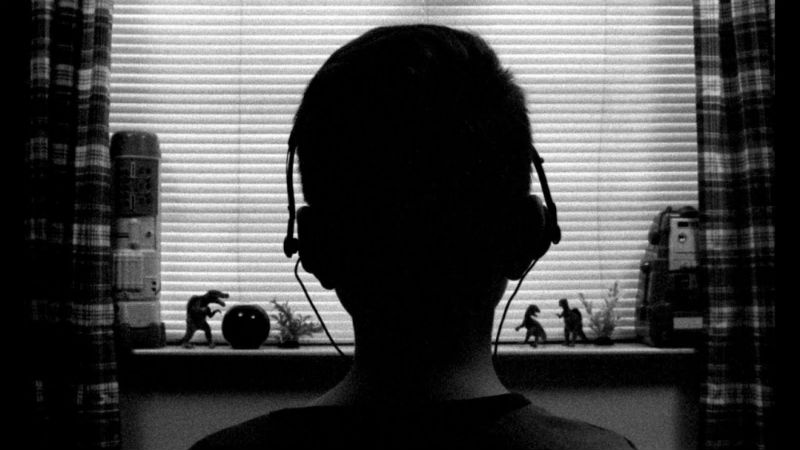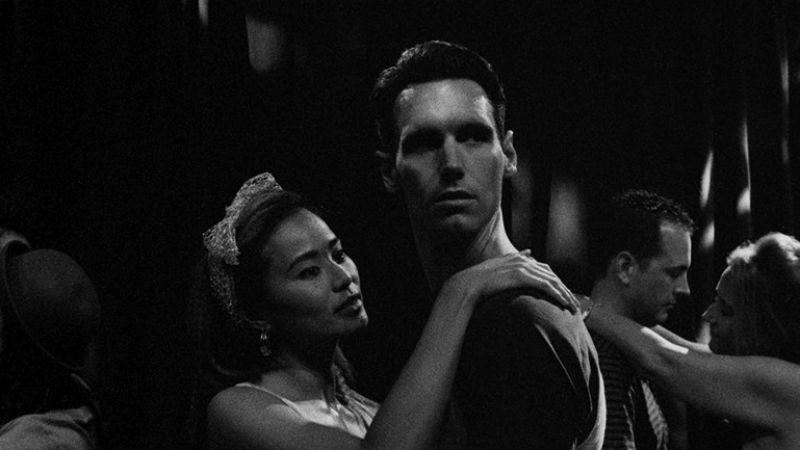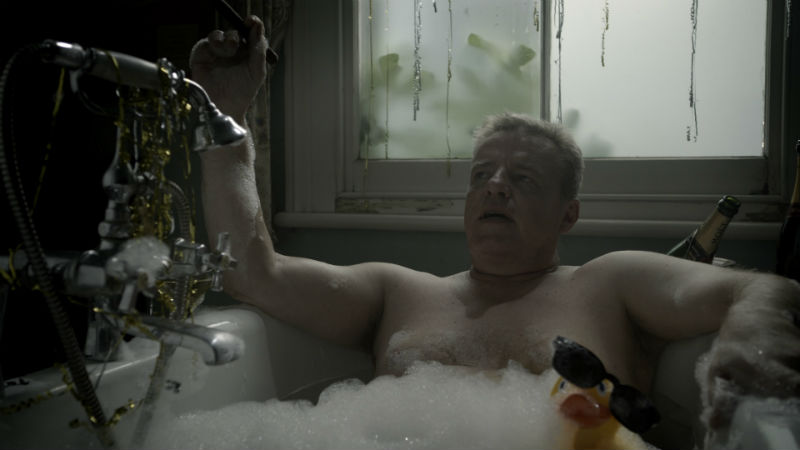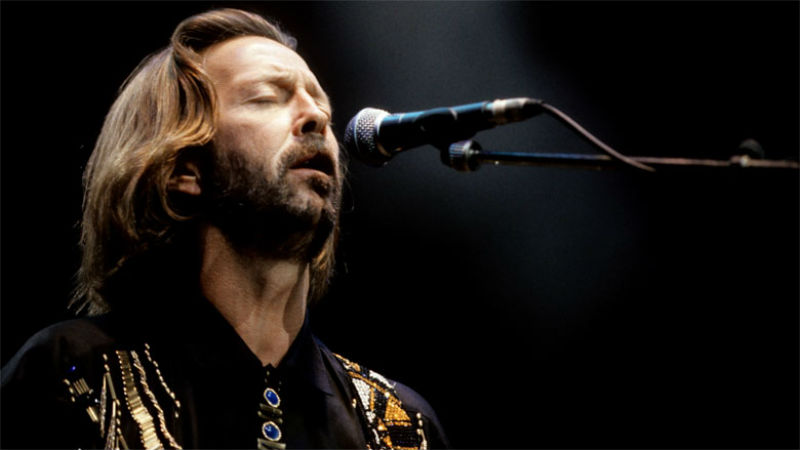This is a classic piece of slow cinema. The sequences are long, and the camera hardly moves. The clouds slowly move and blur the mountain view. Young people bathe in the Mediterranean scarcely saying a word to one another. A car accident takes place, but it takes minutes before the first passenger budges. The action takes place in costal Greece, in a film directed by Angela Schanelec. The 61-year-old Berlin School filmmaker has been long recognised for her lengthy, static shots, and loose narratives.
There is some sort of plot in Music, but I would never be able to make it out without reading the synopsis. Jon is abandoned inside an empty stone cabin on the craggy coast of the Southern European nation. The local authorities rescue him, and he is promptly adopted by a new family. Now in his 20s, Jon (Aliocha Schneider) becomes involved in a tragic death, and ends up in prison. He becomes infatuated with a beautiful warden of around the same age, a woman called Iro (Agathe Bonitzer). Upon release, Jon becomes a skilled singer. He delivers several arias and also a couple of emo rock songs, often aided by his beloved Iro. His delivery skills are impressive. Schneider is a real-life singer, which probably influenced the casting choice. And the fact that he is Canadian might explain why he does little more than sing (he hardly utters a word in Greek, a language the actor presumably doesn’t speak).
Jon eventually begins to lose his sight, and that’s just one of string of tragedies continue to befall our protagonist as he attempts to carry on with his life. A story briefly moves to Germany, where yet another death takes place, this time at Potsdamer Platz, Berlin’s most important square. That’s literally 200 metres from the the film just premiered. A rumination on the meaning of life and death? or perhaps little bit of festival-baiting?
It isn’t just Jon who is laconic. Barely anyone ever says anything throughout the entire film. The lines are few and far between, and they are mostly hackneyed and stilted. The outcome is that the Music feels cold and distant. A pretentious piece of art cinema. A movie that lacks emotional depth and stamina. Viewers are invited to sit back, disengage and snooze away.
Music was loosely inspired by Oedipus myth, also something I would never know without reading the publicity notes. Not that I’m not familiar with Greek mythology. This is a film so shapeless and loose that it’s almost impossible to make sense of it. Schanelec explains: “There are questions in my life, and thus also in my films, to which I have no answers. They relate to family and family relationships as well as to fate, or mere chance, that determines us and to which we must bow”. I frankly couldn’t even find the questions, let alone seek the answers.
Music premiered in the Official Competition of the 73rd Berlin International Film Festival, when this piece was originally written. The UK premiere takes place in October at the BFI London Film Festival.









